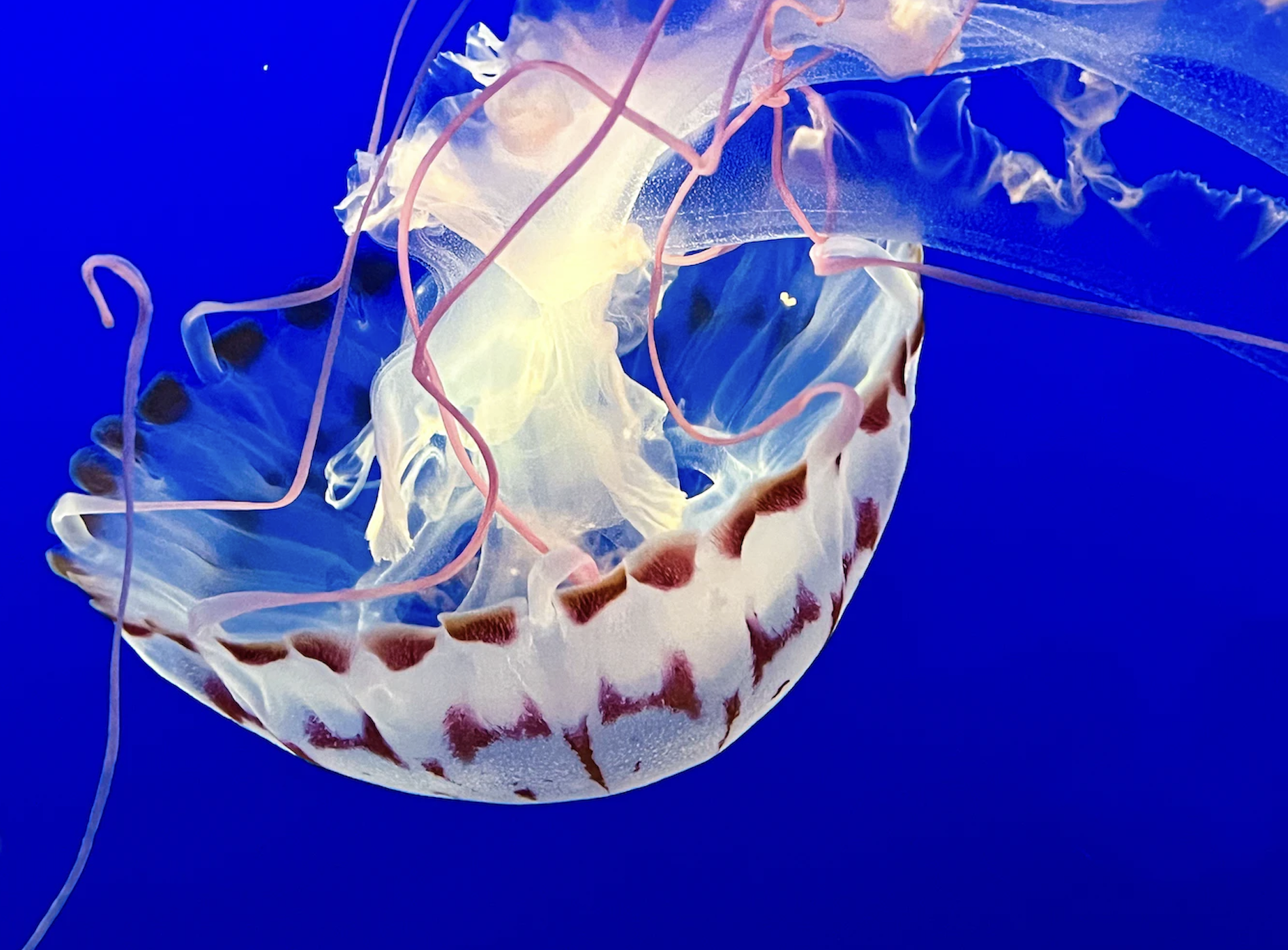Learn More About Aquatic Animals With This Guide
Aquatic animals comprise a fascinating and diverse group of species that inhabit our planet's waters, from the deepest oceans to freshwater lakes and rivers. With so many different types of aquatic animals out there, it's no wonder that they have captured the imaginations of humans for centuries. Whether you're a marine biologist, a wildlife enthusiast, or someone who loves spending time by the water, learning more about these creatures can be an enriching experience. So, get ready to dive into the world of aquatic animals and discover the wonders beneath the surface of our oceans and rivers.
1. Explore Online Resources
The internet is a treasure trove of information about aquatic animals. From scientific journals to blogs and social media accounts, countless resources can help you learn more about these fascinating creatures. This site for example, https://aquariumstoredepot.com/blogs/news/how-do-eels-reproduce provides information about the reproductive life cycle process of eels. Many other online resources talk about different aquatic animals. Online resources can also allow you to connect with others who share your interest in marine animals through discussion forums, social media groups, or virtual events.
However, it's essential to be discerning when using online resources, as not all information is accurate or trustworthy. Always check the source's credibility and look for information supported by scientific research or reputable organizations.
2. Visit an Aquarium or Marine Park
One of the best ways to learn more about aquatic animals is by visiting an aquarium or marine park. These places offer an up-close and personal view of many different fish species, sharks, sea turtles, and other marine life. You can watch them swim, learn about their habitats, and even participate in interactive exhibits allowing you to touch and feed some animals. Additionally, aquariums and marine parks often have knowledgeable staff members who are happy to answer your questions and provide more information about the animals you see.
However, it's essential to remember that not all aquariums and marine parks are created equal. Some have been criticized for their treatment of animals and their impact on the environment. Research before visiting to ensure your chosen facility is reputable and ethical.
3. Read books and watch documentaries
Another way to learn more about aquatic animals is through books and documentaries. Countless resources cover a wide range of topics, from basic overviews of different species to in-depth studies of specific marine ecosystems. By reading books or watching documentaries, you can gain a deeper understanding of aquatic animals' behaviors, adaptations, and ecological roles.
It's essential to be discerning when selecting your resources, as only some information is accurate and up-to-date. Look for books and documentaries written or produced by experts in the field and based on scientific research.
4. Take a Scuba Diving or Snorkeling Course
If you're interested in getting a firsthand look at aquatic animals in their natural habitats, consider taking a scuba diving or snorkeling course. These courses will teach you the necessary skills to explore the underwater world safely and responsibly. As you dive or snorkel, you'll have the opportunity to see fish, corals, and other marine life up close and observe their behaviors in their natural environment. Remember that diving and snorkeling can be dangerous if not done correctly. Always follow your instructor's rules and guidelines and take safety precautions seriously.
5. Attend Lectures and Workshops
Many universities, aquariums, and conservation organizations offer lectures and workshops on various topics related to aquatic animals. These events can be a great way to learn from experts in the field and gain a deeper understanding of the complexities of marine ecosystems. You'll also have the opportunity to meet other people who share your interest in aquatic animals and engage in discussions about current issues and challenges facing these species. Check the schedules of these events in advance and register early if necessary, as they often fill up quickly.
6. Volunteer With a Conservation Organization
If you're passionate about protecting aquatic animals and their habitats, consider volunteering with a conservation organization. Many groups work to protect marine ecosystems and the animals that inhabit them, and they often rely on volunteers to carry out their mission. By volunteering, you can gain hands-on experience in conservation work, learn about aquatic animals' challenges, and contribute to efforts to protect them.
Researching different organizations and finding one that aligns with your values and interests is essential. Some organizations may require specific skills or experience, so read the requirements carefully before applying.
In conclusion, there are many ways to learn about aquatic animals, from visiting aquariums and marine parks to reading books and workshops. By exploring these different avenues, you can gain a deeper appreciation for the diversity and complexity of marine ecosystems and their animals. Whether you're a scientist, a student, or just a curious individual, there's always more to learn about aquatic animals and many resources available to help you do so.

